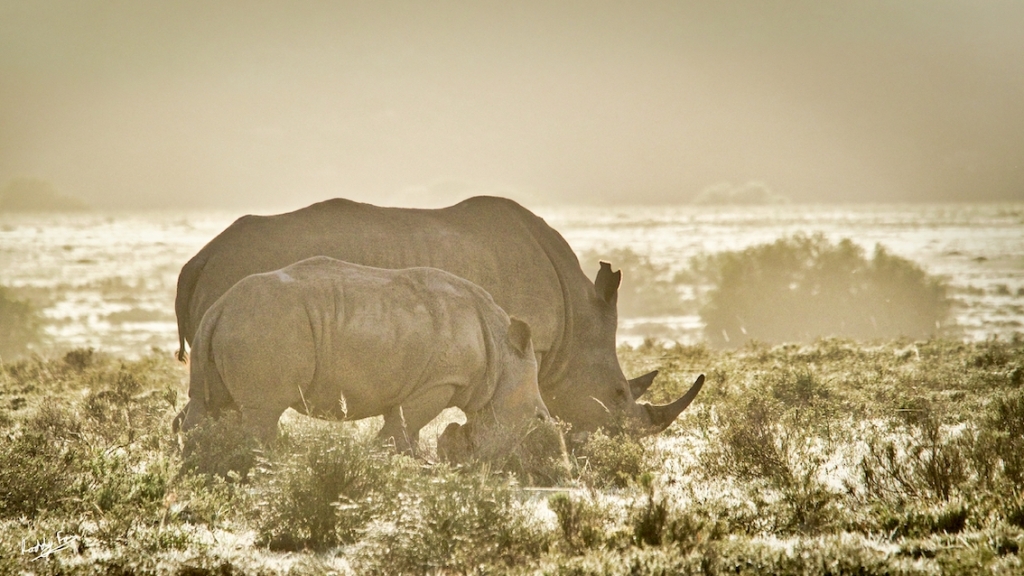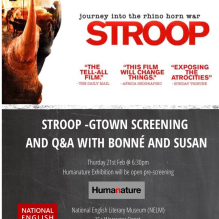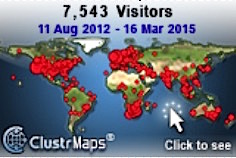I am not an activist. At least, I don’t think I am.
I’m a poet.
You know what they say about poets, don’t you? Well, here is what a selection of writers – all of them poets themselves – have said:
• All people talk to themselves. Some are overheard and they are the poets. (R.S. Thomas)
• I don’t know if I can analyse why poets are bad news; but in theory I think it would be much better to stick to accountants and solicitors. (Wendy Cope)
• Ever since Stephen Dedalus, poets have tended to look at themselves as if they were angels on loan from heaven, instead of scruffy old bolloxes going around the place looking for a bit of inspiration. (Brendan Kennelly)
• Poets are almost human. (Eiléan Ní Chuilleanáin)
Even amongst themselves, then, there is an occasional tendency to assume that what poets do is somehow not worth a great deal, a bit of a joke, that they don’t really have much to do with ‘the real world’.
Instead they’re more like little clones of that tragic romantic genius, John Keats, who (as we all know from school) scribbled off a few Odes – To Melancholy, To Psyche, Autumn and On a Grecian Urn – before promptly departing for Italy where, at the age of just 26, he died in a tiny room of (what else?) consumption.
That’s the stereotype, isn’t it? Poets are mournful, self-absorbed saddos sitting around waiting for the Muse to visit. They don’t actually DO anything.
Now, I don’t believe this. Had you challenged me I would have said my attitude is much closer to this:
• Poetry is an attempt to rescue what matters of one’s life. (Alan Ross)
Or this:
• Poetry is a way of talking about things that frighten you. (Mick Imlah)
And finally:
• If one is not brave enough to speak one’s mind, one should not be a poet. (Tony Harrison)
But it was not until 2012 that my opinion was put to the test.
In early March 2012 I decided to attend, with some reluctance it must be confessed, a lecture given here at Rhodes University in Grahamstown by someone I had heard of but never met: Dr William Fowlds, a veterinary surgeon known for his work with wild animals.
My attendance was reluctant because I knew what Dr Fowlds would be talking about – the recent spate of vicious attacks on rhinos at a local game reserve, Kariega, to which he had been called to treat the cold-bloodedly and cruelly mutilated victims. I was almost certain that he would be showing images of the aftermath of these horrendous acts, and I was right. The rhinos had been attacked in the night by a criminal gang of cowards – I won’t dignify them with the name of ‘poachers’ – who had first immobilised the animals with drugs and then mercilessly hacked the horns from their faces with axes and pangas (machetes) and left them to bleed slowly and agonisingly to death.
Dr Fowlds described vividly the scene of carnage he was called to, where one rhino, a bull, was already dead of its wounds and another two were apparently mortally injured and in great distress. Worse even than his description, though, was the video footage that showed the animals desperately struggling to their feet then staggering about blindly in a forlorn effort to escape their tormentors. It was all I could do to force myself to watch.
One of the surviving animals, a male named Themba (‘Hope’ in isiXhosa), had to be treated both for dreadful facial wounds and for injuries sustained to his legs during his catastrophic immobilisation by the drugs. Another, a female called Thandi (‘Love’), was facially mutilated for her horns. Both animals were traumatised beyond belief, and Themba, having shown signs of responding to treatment to the wounds on his face, lasted three weeks before drowning in a waterhole. The injuries to his legs meant he could not climb out after having gone into the water to ease the pain.
Thandi, as many of you will know, has made a heroic and miraculous recovery. She is still alive three years after the attack and even become a mother earlier this year.
But no one could even contemplate such a possibility in 2012.
At the end of the presentation I approached Dr Fowlds to thank him both for his medical expertise and for the true humanity and care that he had extended to these animals – but I could barely speak for emotion. And I left feeling wholly useless.
I am a poet after all, and what good was poetry in the face of such atrocity?
That night I lay in bed unable to sleep. The gruesome images of these magnificent animals so mercilessly attacked haunted my every thought. It truly was nightmarish.
Will Fowlds’ deep concern for these stricken animals touched me deeply and I felt an urge to offer whatever help I could. Indeed, a big part of his message was that every small thing done by the tens of thousands of people who have been moved by the plight of the rhinos translates into a much, much bigger thing – and Facebook is one important way of showing this support.
But what more could I do? Yes, I could push the ‘Share’ button on Facebook to spread the word, but it wasn’t enough. Not nearly enough. To say I felt powerless was a huge understatement.
And then it occurred to me.
I know many other poets in South Africa and around the world who must, I thought, feel as strongly as I did about this. How many of them, I wondered, would be willing to offer some of their work for consideration for inclusion in an anthology dedicated to helping to save the rhino? Many, I hoped and believed.
And I was right. The response when I sent out a message asking if anyone would like to help, was immediate and overwhelming: “Yes! Count me in!”
So I wrote again:
Call for Submissions: Poetry for the Rhino
Following an overwhelming response from poets around the world eager to support efforts to combat the sickening trade in rhino horn that threatens the imminent extinction of this wonderful and ancient animal, poems are now invited for a proposed anthology called For Rhino in a Shrinking World.
It is hoped to publish later this year a book of superb poetry about or inspired by rhinos and their habitat, all the proceeds of which will be used to support the fight against rhino poaching in Southern Africa.
Guidelines:
Poems, which may have been previously published, do not have to be specifically about the rhinoceros’s current plight. Excellent poems that celebrate this magnificent animal and its habitat, or that are concerned more generally with the natural world (especially but not exclusively African), or that reflect upon the role of humans in the natural world, will be welcomed and considered. In short, feel free to interpret the theme broadly and creatively.
There is no preferred style or form – the poetry may be as diverse as the natural world that inspires it – and no stipulation as to length, although it may not be possible, for reasons of space, to accommodate extremely long poems. I anticipate that almost all poems will be in English but if you write in another language please include a suitable translation.
Deadline for submissions: Friday 15th June 2012 – but please submit earlier if possible.
Almost at once the poems started to arrive – literally hundreds and hundreds of them. People all over the world, some very young or inexperienced as writers, others well known and widely published, clearly were deeply touched by the plight of the rhinos and as sickened and horrified as I had been by Will Fowlds’ eyewitness account, film of which (by Paul Mills) was also made widely available on the Internet.
By the deadline date it had become clear to me that compiling and editing an anthology from so many generous pieces of writing would be a gargantuan task. Many submissions could not, by sheer weight of numbers as much as anything else, find their way into the book – but I wish to put on record my sincere gratitude to all those who wrote and submitted work supporting the rhinos’ cause. Without them this book would not have been possible.
But I needed assistance, and I received it.
My task of reading, considering and selecting was made more manageable by the help that I received from my friend and fellow poet John Forbis who gave up his one day off each week for many weeks to check, re-read, comment and advise. Without his kindness and liberality of spirit we might have sunk without trace.
One Saturday morning as my wife and I queued at the little outdoor farmers’ market in Grahamstown, acclaimed South African artist Sally Scott approached me to ask whether I might, if she began producing a series of rhino drawings to illustrate the book, be interested in including them. ‘Might’? I almost snapped her hand off in my eagerness to accept. Her beautifully realised illustrations add a wonderfully fresh and vibrant dimension both to the pages of the anthology and as a fabulous cover image.
Another stalwart was Roddy Fox, whose idea it was to put together a blog that would trace the anthology’s progress to publication and beyond, keeping contributors and other interested persons up to date with the latest news. Roddy then made the idea a reality by designing and creating what I think is a fantastic site that has done a sterling job in promoting the book. Take a look for yourself at https://rhinoanthology.wordpress.com
There were many others, such as contributing poet Andrew Martin from NELM, who helped enormously with practical matters, but the sheer brilliance and passion of the writing of poets from all over the world – for rhinos, yes, but for all animals and their diminishing wild habitat – makes this a superb book.
Since its publication in 2013, For Rhino in a Shrinking World has proved a considerable force in raising awareness of the rhinos’ plight. It has received glowing reviews and tributes from places as far afield as Australia, Europe and South Africa; it has featured on PBS radio in the USA and Canada; it is in the hands and on the bookshelves of Prince William, Duke of Cambridge as well as Liverpool FC legend Steven Gerrard – and it has received the personal endorsement of no less an eminence than Archbishop Desmond Tutu, whose words you can read on the anthology website.
So poets are useless? They don’t actually DO anything?
Judge for yourselves now as you listen to some of the poems, read by the poets themselves.



